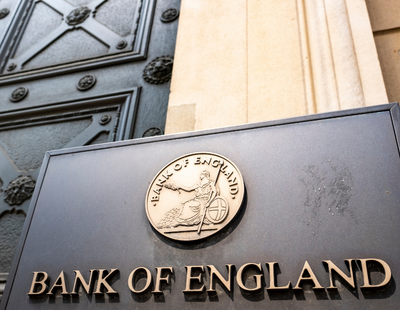This was particularly well-illustrated via the release of new data, released at the start of the week, on house prices.
According to the ONS figures, house prices increased 4.1% in the 12 months to March 2023.
This means £11,000 of value was added to the typical home. The average price of a property now stands at £285,000.
However, on a monthly basis, prices have fallen for the fourth consecutive time, decreasing 1.2% in March 2023, following a slight drop of 0.1% in February 2023.
The annual rate of growth also slowed, down from 5.8% in the year to February 2023, according to data from the Office for National Statistics.
It is also a sharp fall in annual growth compared to the recent peak in July 2022, when house prices increased 14.3% over the year.
A mixed bag, yes. But these numbers indicate to me that buyers and sellers are finally shrugging off the worst effects of last September’s mini-Budget. And, make no mistake, the market is undoubtedly in a stronger place than it was at the end of last year.
Confidence is slowly returning, particularly as inflation is beginning to fall and expectations grow that interest rates are at or near their peak.
Inflation is also now moving in the right direction, although the rate at which food and other household items are soaring continues to unnerve me. So too does the cost of our gas and electricity.
But another thing that really dismays me is the Government’s dithering on its reforms to the leasehold system.
Whether you agree or disagree with the reforms Michael Gove announced earlier this month, his move to effectively pause any final decision doesn’t benefit anyone.
Uncertainty is the catalyst for all problems that exist within the property sector. The pandemic proved that beyond any doubt.
So the uncertainty that the Government has created in this area will not help encourage people to enter the property market.
Another knock on effect will be that we will likely see even more landlords exit the sector altogether. This may create a small boost in the supply of housing but it will also potentially push rents up even higher in some areas.
The final story that caught my eye this week was an announcement by the Mayor of London that empty properties would be targeted in the capital. However, when you read the small print there were only about 30,000 places in total which are likely to be looked at.
Even if all of those properties were magically freed up for people to live in, it wouldn’t even touch the sides of the property crisis unfolding in the capital.
I’m all for ideas but this did smack of gesture politics. What we truly need is long term planning
and a roadmap which signposts a way out of the housing supply crisis.
At the moment it simply isn’t there.


























Join the conversation
Jump to latest comment and add your reply
Interest rates are continuing to rise towards last autumn's level and are forecast to remain higher for longer because inflation is proving to be more persistent than anticipated. This does not augur well for the property market, especially as it will deter FTBs and hit those who have yet to renegotiate new, higher fixed-rate mortgage rates over the coming months.
Please login to comment